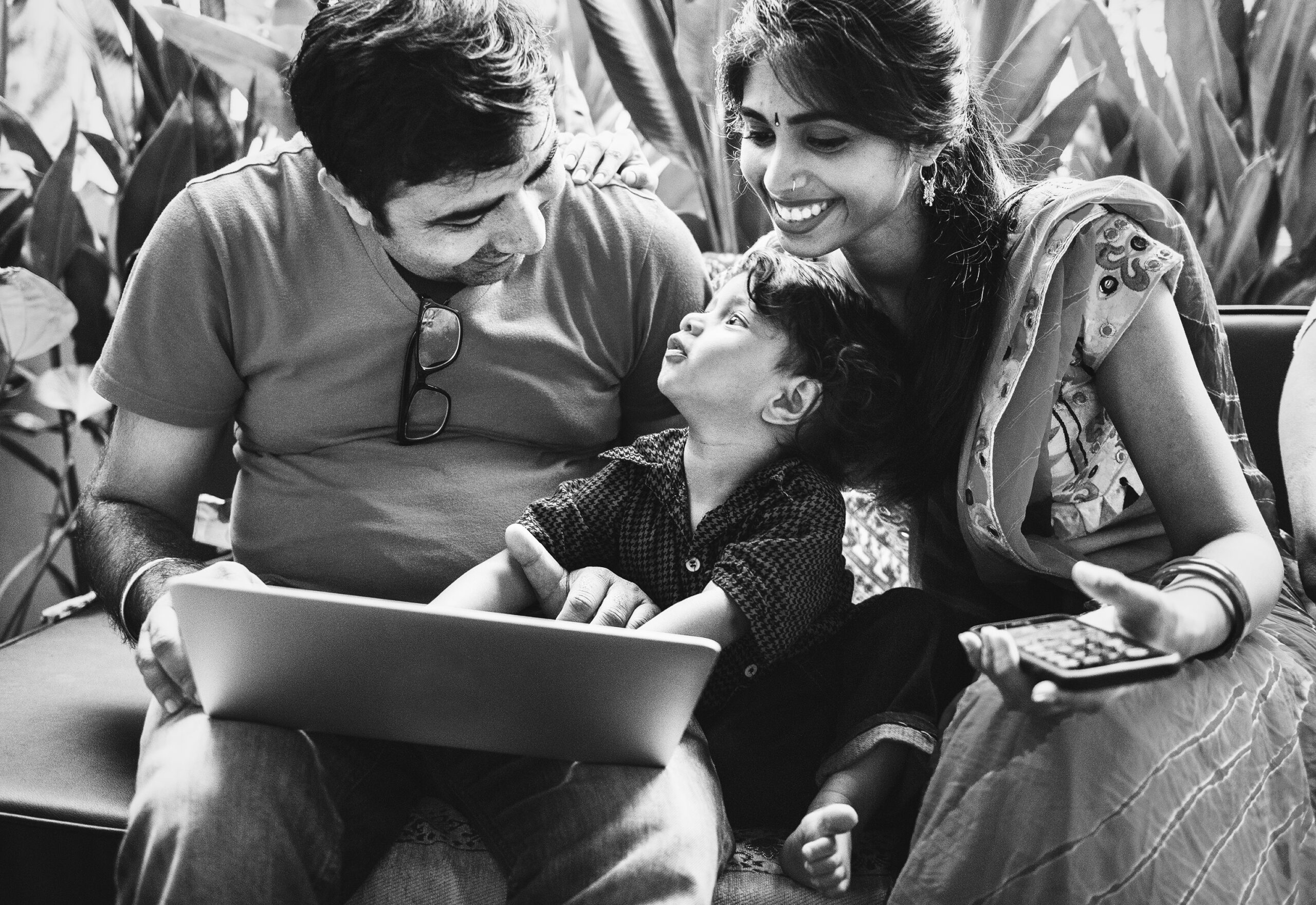
“Therapy is a western concept; it doesn’t apply to us Indians!”
“You are just inspired by all these American TV shows, you are fine, stop overthinking!”
“You want to go to a brain doctor? Are you mad or what?”

These are some of the most common reactions Indian parents have given every time their children or someone tries to tell them that they need to see a mental health profession. Even before the conversation takes shape, it gets shut down by these statements, and followed by a long lecture on how they never had to rush to therapist every time they were stuck somewhere or felt bad.
The final insult to injury would be them comparing the therapist’s fees with that of a physician and making their point on how it is a very costly affair.
But our counsellors who are experts in couple and family counselling in Ahmedabad at We Positive Parenting believe that it’s NOT OUR PARENTS’ FAULT. There is a massive generational gap between us and our parents and our children too. And with Indian parents, the idea of seeking counselling is a concept that they have only seen in American and English movies and TV shows, and the stigma around it only makes it worse.
So, how do we make Indian parents come to terms with the fact that seeking help is completely okay and that they should further support their children rather that deride them?
What does counselling involve?
First of all, let’s try to understand what counselling means and what processes are involved in it. Counselling is a therapeutic practice which involves talking and working out solutions for the various personal and professional problems, seek clarity on the various challenges you are facing. This, is conducted through multiple sessions by a mental health professional like a psychologist or psychotherapist who help you explore options, increaseself-awareness and develop habits that add to or improve your lifestyle.
What makes it so difficult for the parents to understand?
There are various factors involved here, that have shaped a thought in our parents’ minds about therapy and counselling. The first and foremost being, lack of awareness.
The times when our parents grew up were starkly different times, riddled heavily with problems like patriarchy, inequality, economic turmoil, and of course lack of access to resources to educate themselves about mental health and its importance. Due to these challenges, talking about mental health or caring for it never even featured in their list of priorities.











